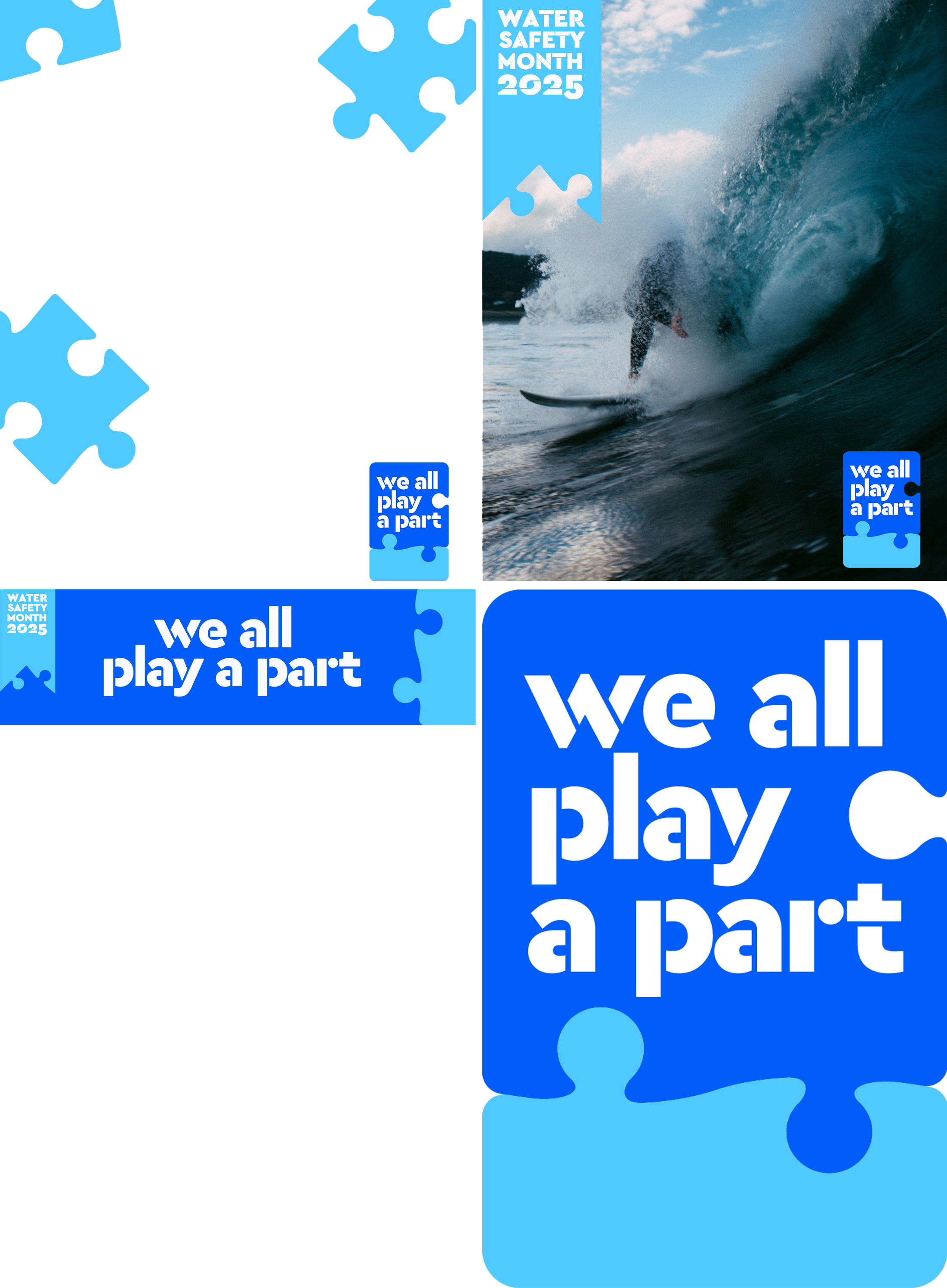Our friends and whānau deserve to know we’re safe in and around the water. Understanding the risks associated with drinking alcohol is an important first step to keeping yourself and others safe. Alcohol not only impairs your judgement, but also significantly slows your reflexes – a dangerous, and potentially deadly combination when we're in, on, or around water.
The effects of alcohol
Alcohol and other drugs can affect people in different ways. But alcohol is a depressant, slowing down your brain and nervous system to impact your ability to process what’s going on around you.
This means consuming alcohol and other drugs can result in:
Impaired judgement
- Reducing your inhibitions (stop signals) which may cause you to take unnecessary risks while overestimating your ability
- Alcohol and other drugs impair your ability to identify and manage dangerous situations
Lack of coordination and reaction time
- Alcohol and other drugs impact your sight, sound, and touch, and slows your reaction time.
- These impacts can make it harder for you to climb or swim out of trouble and can be the difference between life and death if the water conditions change suddenly.
Inability to control temperature
- Overheating may result from dehydration or being unaware of sun exposure
- Hypothermia could also result as alcohol ‘numbs’ your body by dilating blood vessels, meaning you don’t feel the cold and decide to stay in the water for longer.
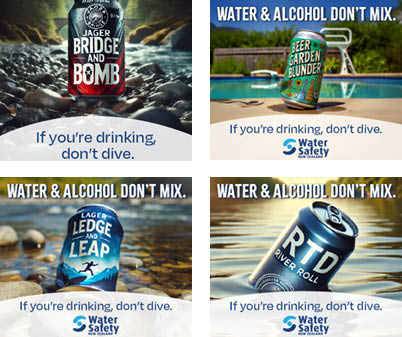
Suggestions to help keep you safe
Avoid harm
Alcohol Healthwatch recommends not drinking until after being in or around the water – whether you’re at the beach or river, on a boat, or in a pool. If you are planning to consume alcohol around a body of water, ensure all water-based activity is finished before consuming alcohol.
Plan ahead
If getting in the water or doing any kind of activity in or on the water, it is safest to totally avoid alcohol.
Support others
Support the people around us to not drink alcohol in and around the water.
Plan your way home
If you have been drinking alcohol, don’t walk home near water. You might fall in.Look out for your friends, make sure they get home safely.
Sober skipper
If you're in charge of a powered craft, keep you and your loved ones safe by not consuming alcohol.
Keep little ones safe
Stay sober around our children and tamariki to keep them safe around the water.
There is no safe limit of alcohol consumption
For tips and support to slow down on the drinks, check out Alcohol Healthwatch’s ‘Surviving Summer’.
To avoid harm, Alcohol Healthwatch recommends not drinking before or during water activities – whether you’re at the beach, river, on the boat or in a pool.
Studies and reference materials – alcohol related drowning and injury
- Driscoll TR, Harrison JA, Steenkamp M. Review of the role of alcohol in drowning associated with recreational aquatic activity. Injury prevention. 2004 Apr1;10(2):107-13.
- Warner M, Smith GS, Langley JD. Drowning and alcohol in New Zealand: what do thecoroner's files tell us?. Australian and New Zealand journal of public health.2000 Aug;24(4):387-90.
- Carey RN, Crawford G, Jancey J, Lam T, Nimmo L, Trapp G, Pollard C, Hooper P, LeavyJE. Young people's alcohol use in and around water: A scoping review of the literature. Drug and alcohol review. 2024 May;43(4):874-96
- Peden AE, Franklin RC, Clemens T. Exploring the burden of fatal drowning and data characteristics in three high income countries: Australia, Canada and NewZealand. BMC public health. 2019 Dec;19:1-2
- Croft JL, Button C. Interacting factors associated with adult male drowning in New Zealand. PLoS One. 2015 Jun 17;10(6):e0130545
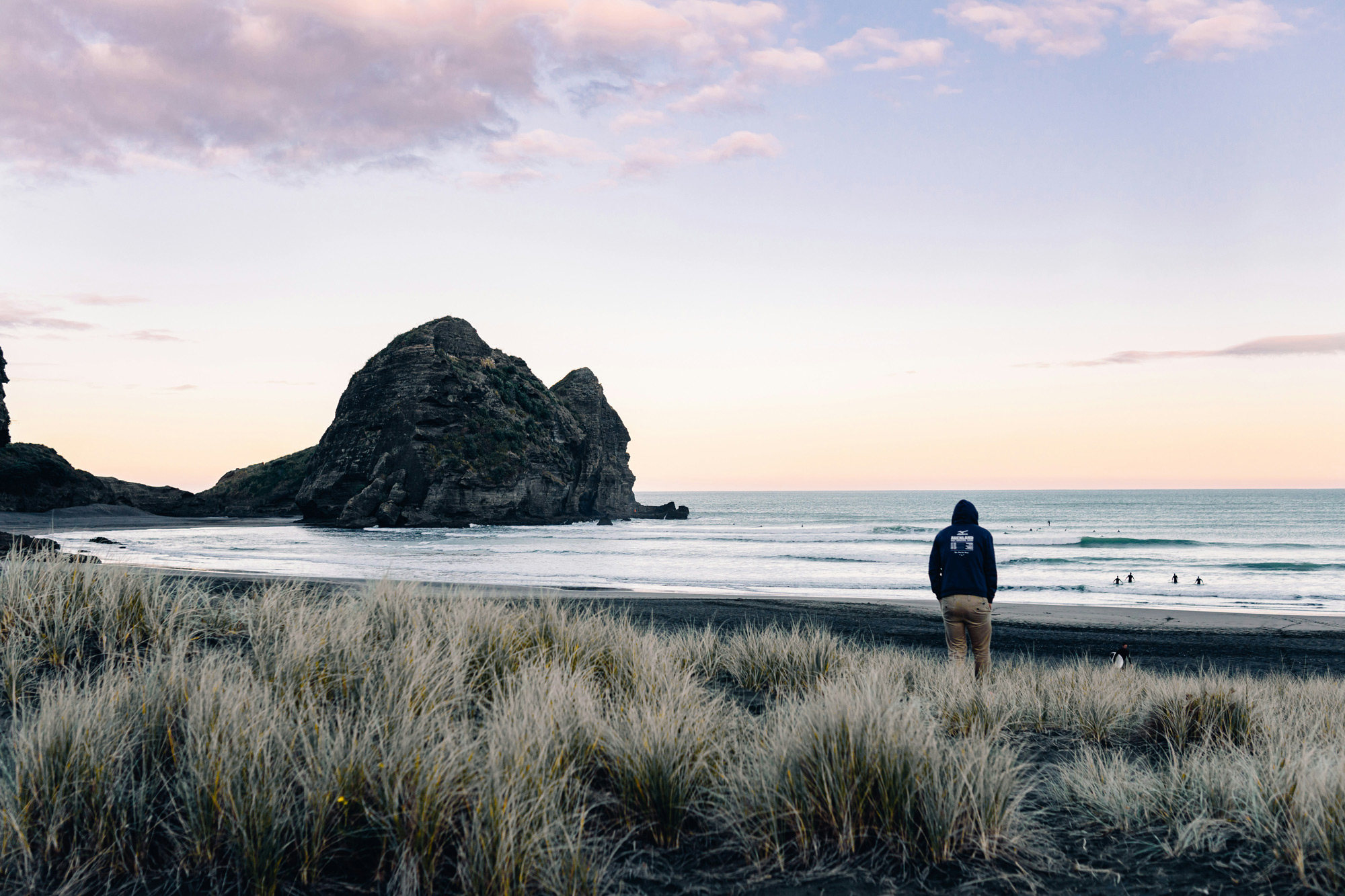
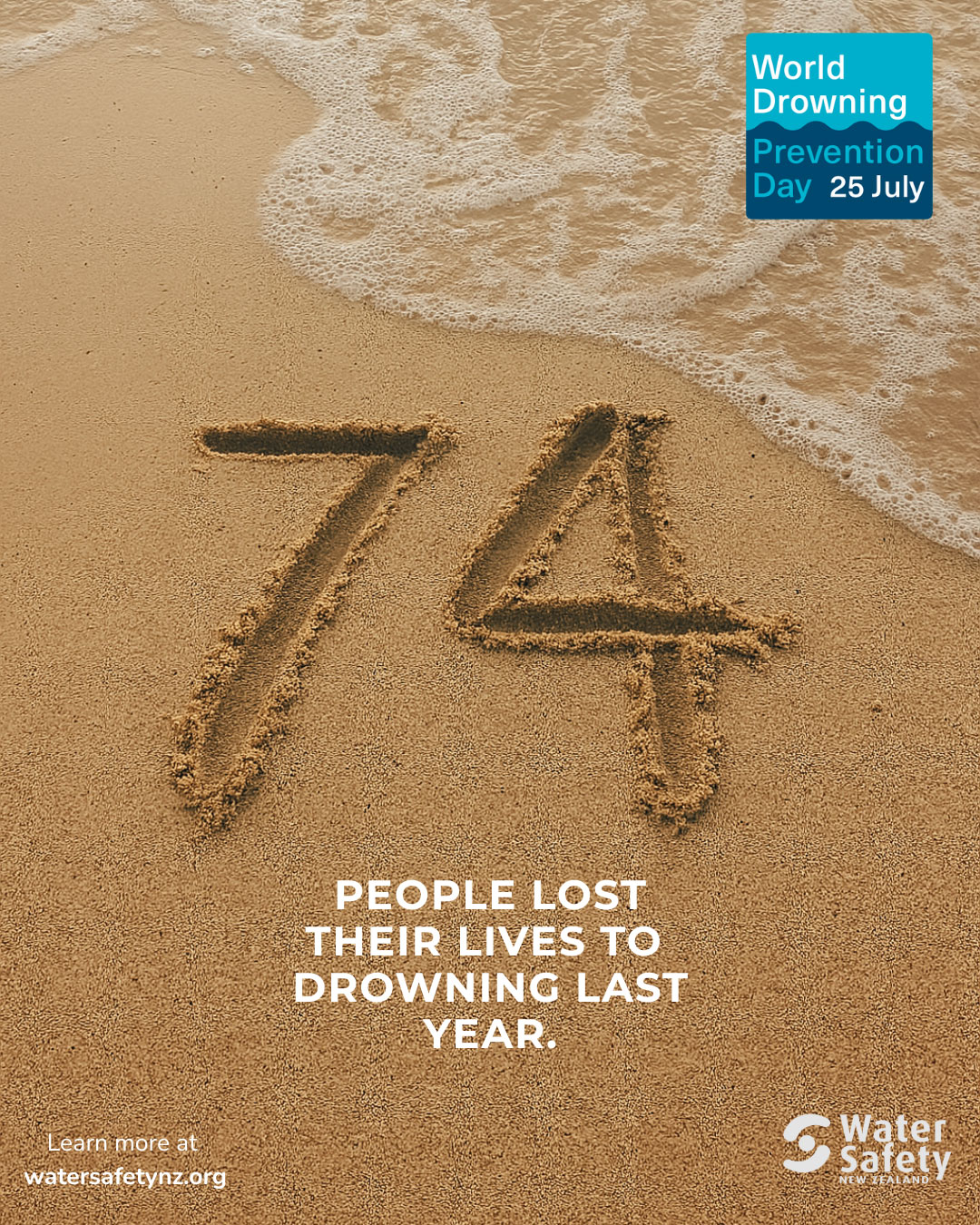
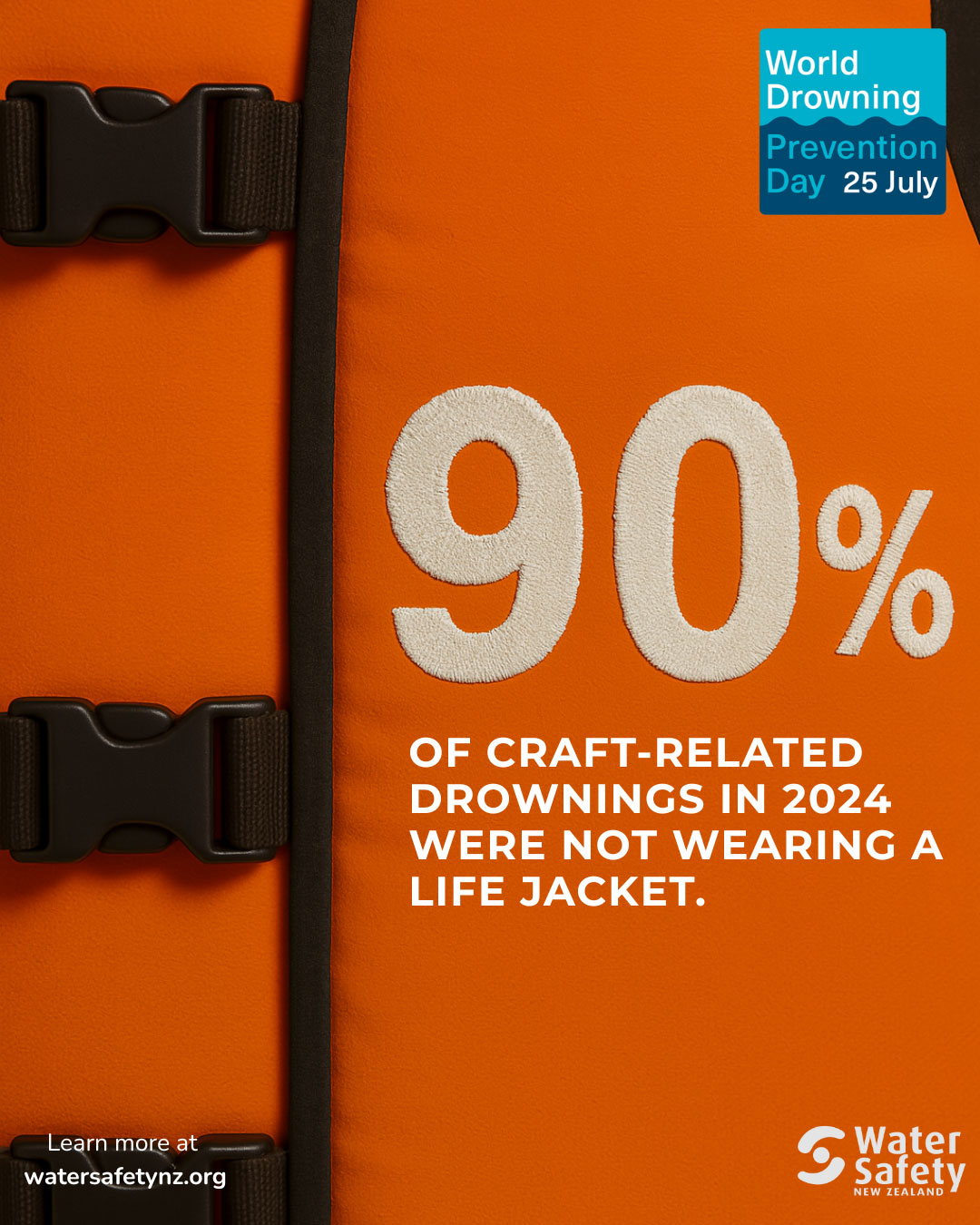
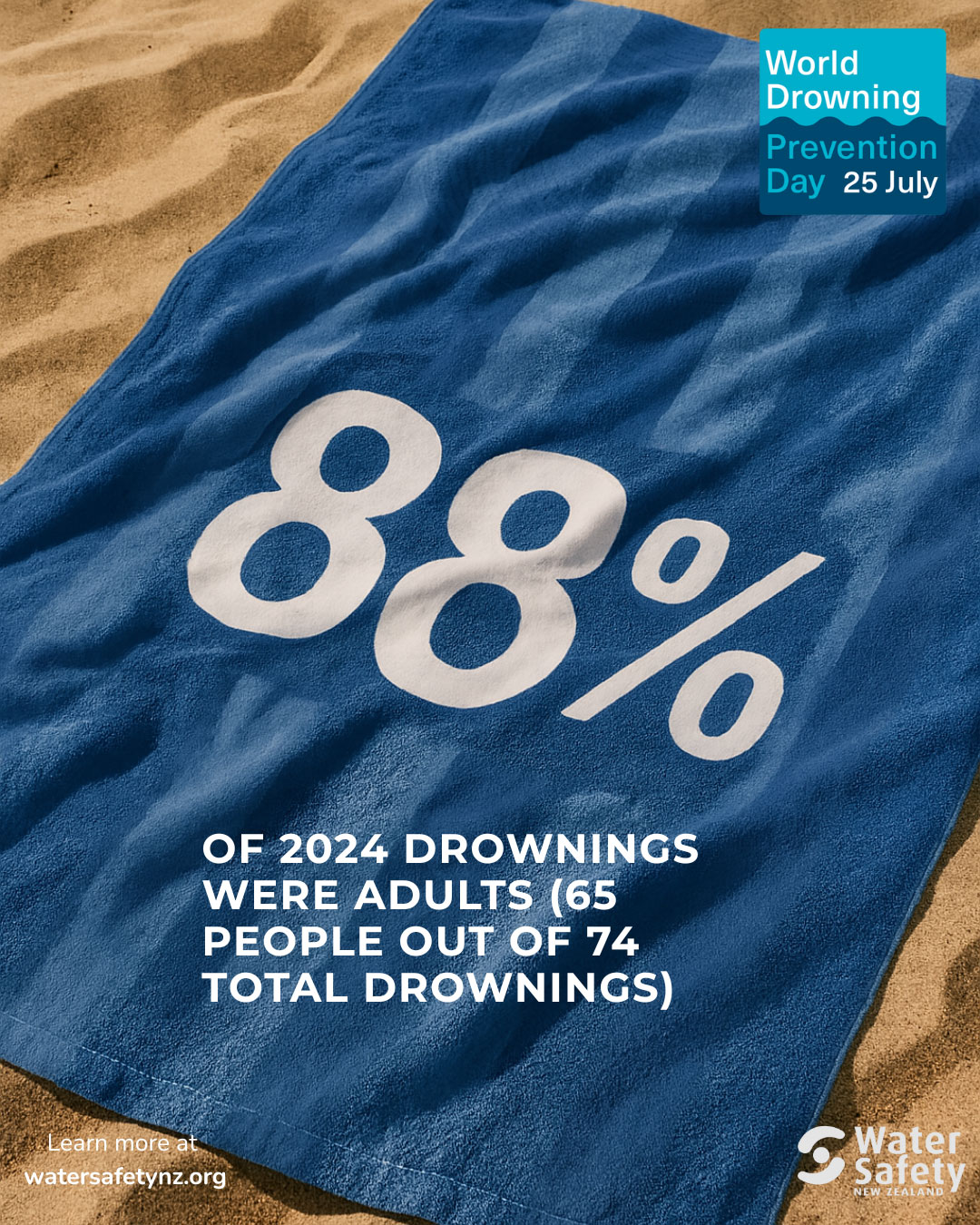
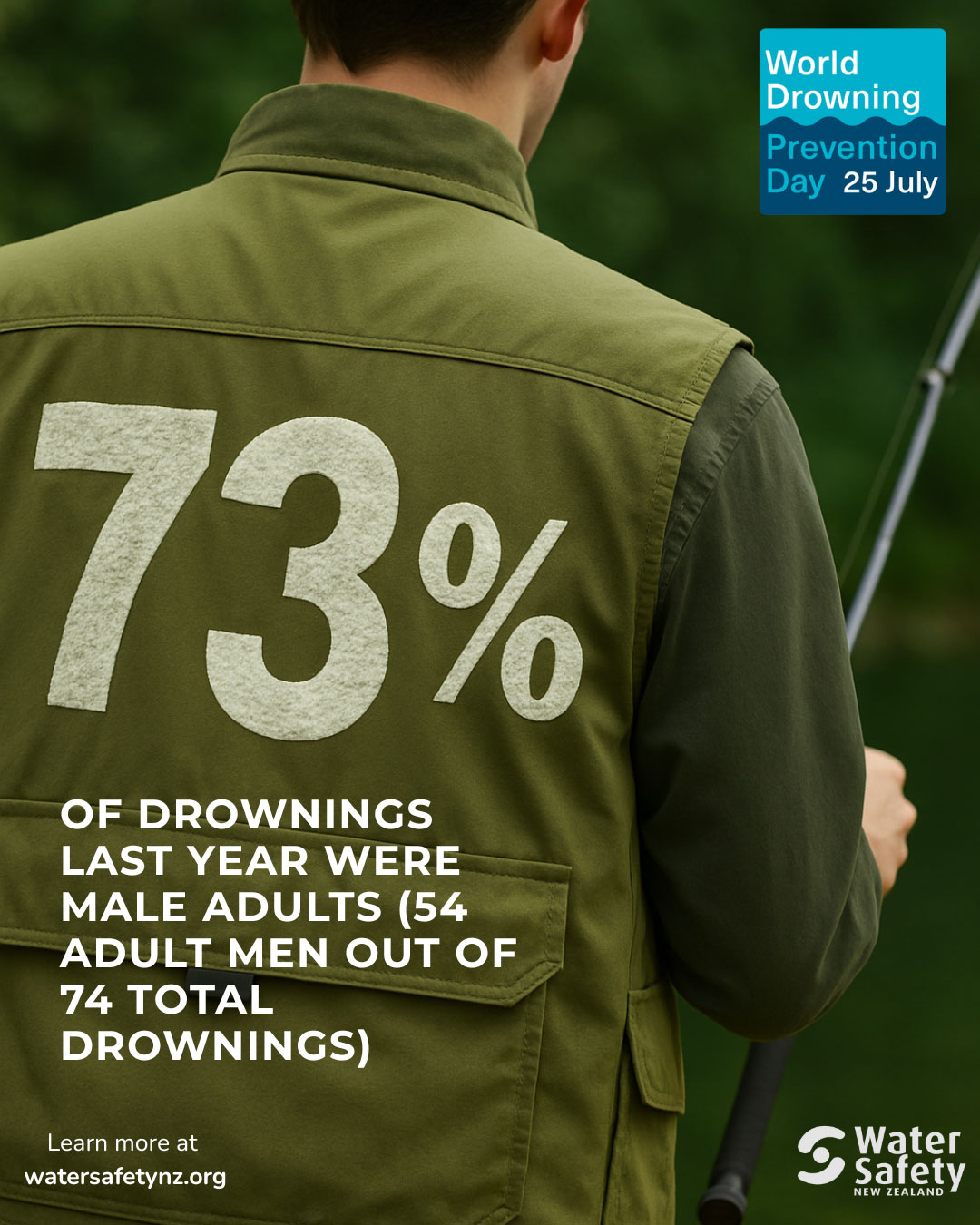

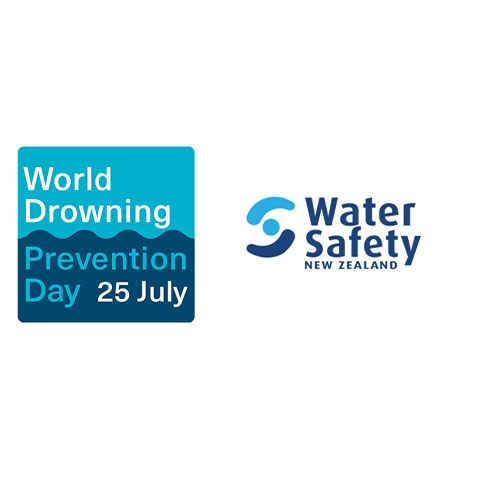
.jpg)
